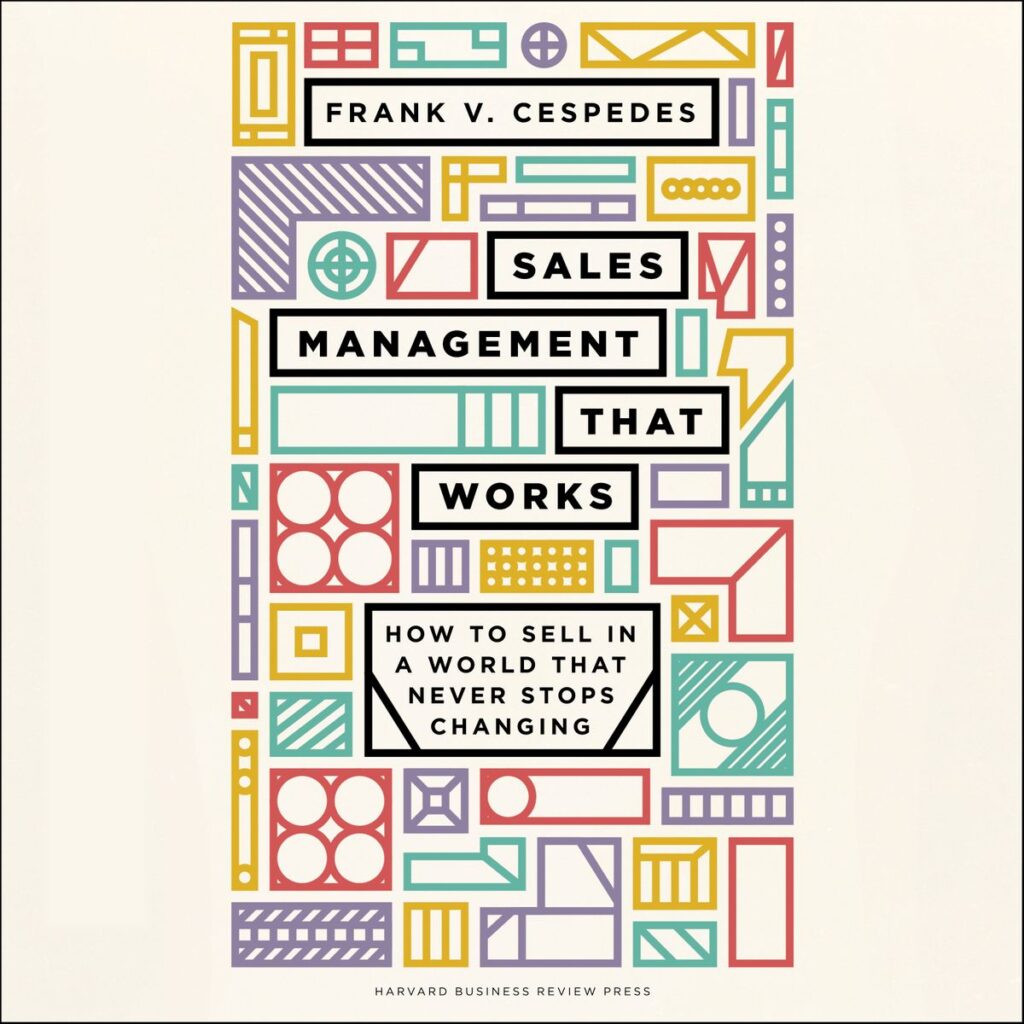Del Griffith’s patter in ”Planes, Trains and Automobiles.” Peggy Olson’s killer copy in ”Mad Men.” Blake’s ”brass balls” in ”Glengarry Glen Ross.” The world of film and TV is full of great sales characters who’ve mastered the art of persuasion. But for my money, the best of all is Jimmy McGill – aka Saul Goodman.
Not only is “Better Call Saul” the best thing on TV right now, but Bob Odenkirk’s character Saul is a master in the art of selling. Here are five ways to sell it like Saul.
1. Learn on the Job
When we first meet Saul, he’s a gofer at a big law firm. He studies law in between delivering mail, battling printers, and running sweepstakes.
But by the time he earns his degree, Saul has soaked up the legal lingo, learned the loopholes, and cracked the art of casework – simply by being around lawyers.
In “Sales Management That Works,” Frank Cespedes spots something similar in the real world. Of the over 4,000 colleges and universities in the U.S., only a handful offer a sales course. Despite this, 50 percent of college graduates will work in sales at some point. And it’s estimated that “sweet talk” – or persuasion – accounts for a quarter of the total labor income of the U.S.

Salespeople are learning on the job, and you may have noticed something similar in your line of work. The 70:20:10 model argues that 70 percent of learning and development is honed by day-to-day tasks, challenges and practice.
2. Get to Know Your Customers
Sales personae are a favorite tool for marketers. They’re profiles of archetypal customers and cover their needs and desires. As Cespedes points out though, many marketers retrofit personas to match the benefits of their product or services.
What’s more, when you categorize people, you can end up with profiles that don’t match any real individual. It’s called “multi-modal distribution“ and leads to chairs that aren’t comfy – and fad diets that probably won’t work for you.
Saul doesn’t take these shortcuts. When carving out a niche in elderly law, he goes and talks to potential clients – and listens to their concerns. He runs bingo days in care homes, translates the legalese of bills for retirees, and gets to know his clients on first-name terms. (And their kids and grandkids’ names, who he asks after.)
3. Sell Benefits, Not Features
By season four of ”Better Call Saul,” our protagonist is down on his luck and disbarred from law. He lands a job working as a clerk in a cell phone store. But business is slow, and no one’s interested in flip phones. (It was the 90s.) So, Saul looks beyond their surface-level features and instead sells their benefits.
On the shop window, he paints in huge letters: “IS THE MAN LISTENING? PRIVACY SOLD HERE!” Passers-by stop and take notice, giving Saul the chance to explain the beauty of “burners” or cell phones – that your calls and texts can’t be traced.
In “Sales Management That Works,” Cespedes makes a pithy observation: people don’t buy two-inch drill bits, they buy two-inch holes. When you can see the difference between features and benefits, you’ll start talking your customers’ language.
4. Disrupt and Create New Markets
Saul’s cell phone business is booming. But when he gets his law license back, he spots an opportunity. The often-shady characters attracted by the anonymity of cell phones are the same people who’ll likely need legal representation at some point.
With every pre-paid phone Saul sells, he stores his law firm’s number on speed dial. And even offers a 50 percent off first-time discount for his services.
This is classic disruptor activity. You tweak your sales model and focus on a specific part of a customer’s buying journey – doing it a little better than your competitors.
In “Sales Management That Works,” Cespedes writes how effective sales models don’t just show where customers are – but where you can lead them.
5. Be Honest
As we wait for the final season of ”Better Call Saul,” another clear lesson we’ve learned is that dishonesty comes with a price. Always be honest with your customers!
But for Cespedes, corporate social responsibility is about more than carbon zero pledges or fair trade labels. It’s about selling well.
He advises CEOs not to apologize for chasing profits. That’s because hiring and training effective salespeople affects the lives of millions of people. And their productivity helps drive economic growth and creates opportunities for millions more.
Download Our “Sales Management That Works” Book Insight
We review the best new business books – and the tested classics – in our monthly Book Insights. They’re available as text or 15-minute audio downloads.
So, if you’re a Mind Tools Premium Club member or corporate user, download or stream our “Sales Management That Works” Book Insight review now.
If you haven’t already signed up, join the Mind Tools Club and gain access to 2,400+ resources – including 390+ Book Insights. For corporate licencing, ask for a demo with one of our team.
Is there a sales character who’s inspired you? Share in the comments below.



